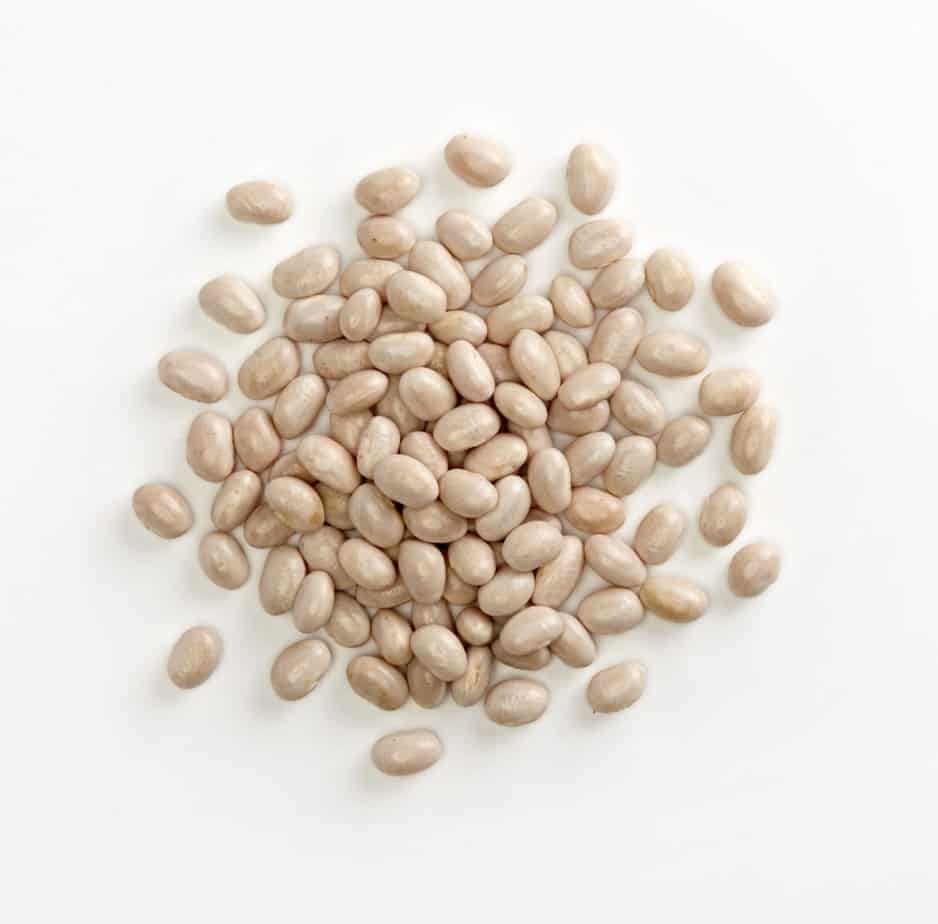Back to Home
What are pulses?

It is estimated that humans have been growing and eating pulses for over 11,000 years. Pulses have a rich and colorful history of nourishing cultures all over the world.
Pulses are the dry, edible seeds of plants in the legume family; beans, dry peas, lentils and chickpeas are the most common pulses produced in the world.
Pulses are healthy, nutritious and easy to cook with. Growing pulses also promotes sustainable agriculture, as pulse crops help decrease greenhouse gases, increase soil health, and use less water than other crops.
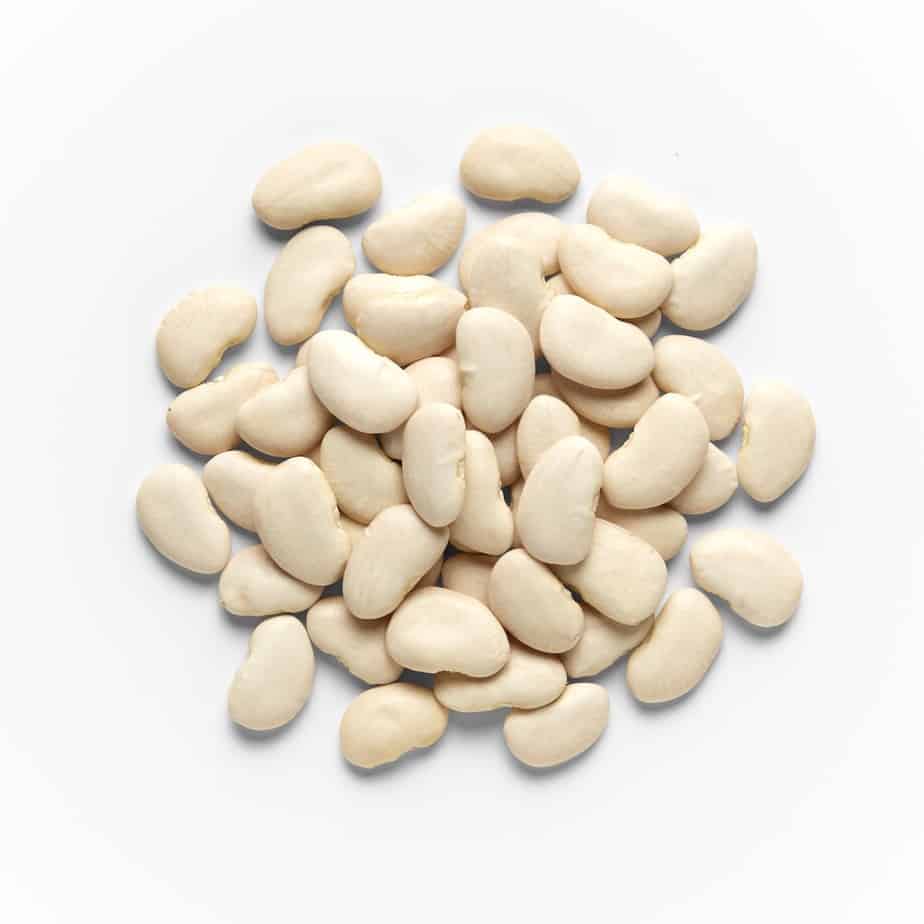
Large Lima Bean

Know Your Pulses
large lima bean
Preparation and comments
Native to the highlands of Peru and named after its capital, Lima, this bean is very popular in the Americas both in its natural fresh state and dried. Bolivia: Chairo (lima bean soup with quinoa) North America: Succotash (lima beans with sweetcorn).
Flavour
Buttery flavor and creamy texture.
Appearance
Large and very flat with a creamy white color.
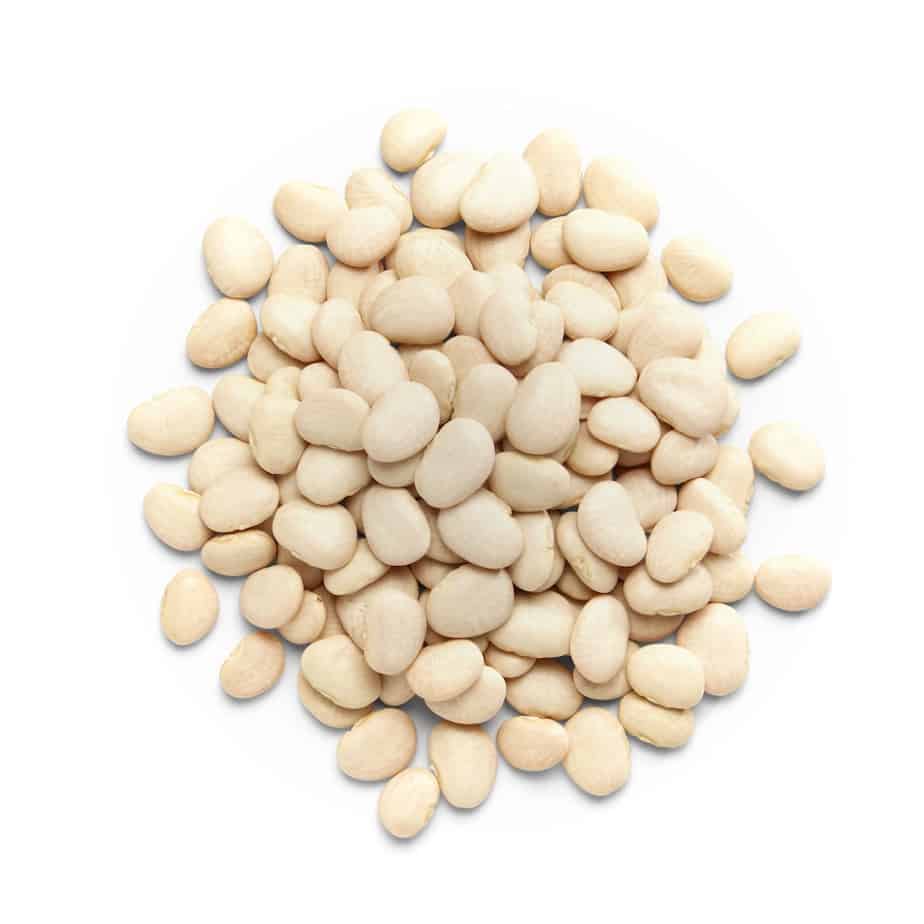
Baby Lima Bean

Know Your Pulses
BABY LIMA BEAN
Preparation and comments
Native to the highlands of Peru and named after its capital, Lima, this bean is very popular in the Americas both in its natural fresh state and dried. The baby variety is much loved in Japan and used for making desserts from bean paste known as “an”. Bolivia: Chairo (lima bean soup with quinoa); North America: Succotash (lima beans with sweetcorn).
Flavour
Creamy texture and delicate flavor.
Appearance
Small, white and oval.
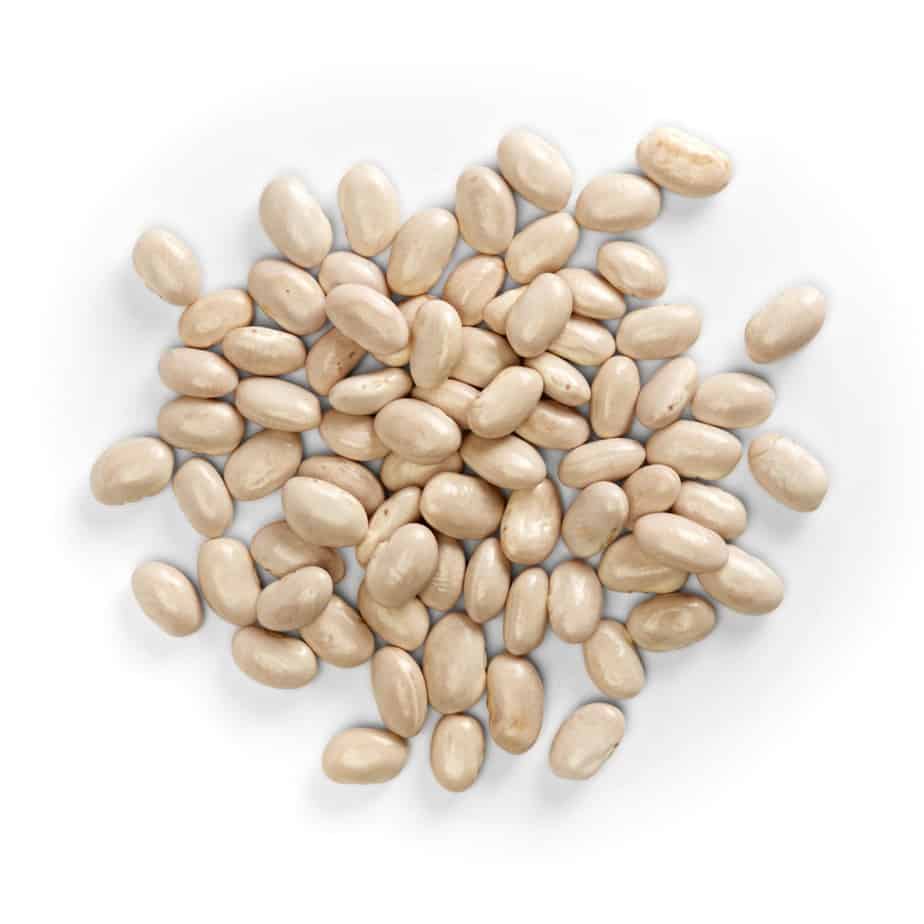
Great Northern

Know Your Pulses
Great Northern
Preparation and comments
North American bean, especially popular in Mediterranean cuisine, where similar varieties are grown.
Flavour
Thin skin and delicate flavor.
Appearance
Medium-size white bean, somewhat flat and kidney shape.
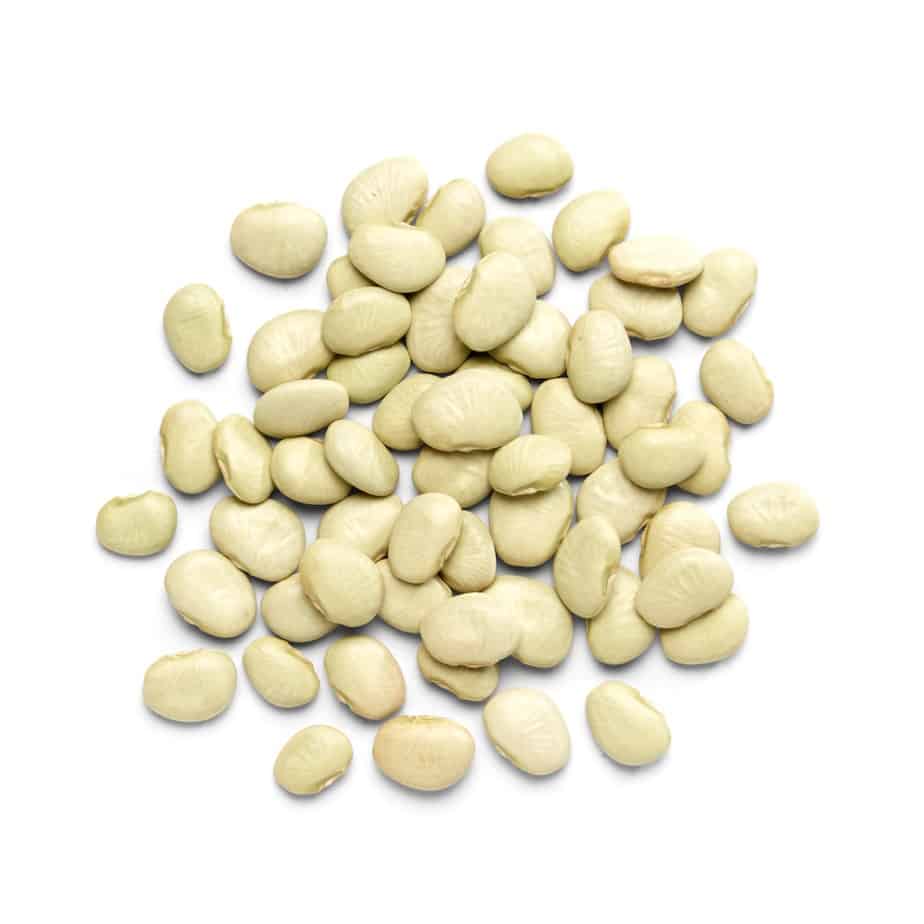
Green Baby Lima Bean

Know Your Pulses
green baby lima bean
Preparation and comments
Native to the highlands of Peru and named after its capital, Lima, this bean is very popular in the Americas both in its natural fresh state and dried. Bolivia: Chairo (lima bean soup with quinoa) North America: Succotash (lima beans with sweetcorn).
Flavour
Buttery flavor and creamy texture.
Appearance
Medium-sized and very flat with a greenish-white color.
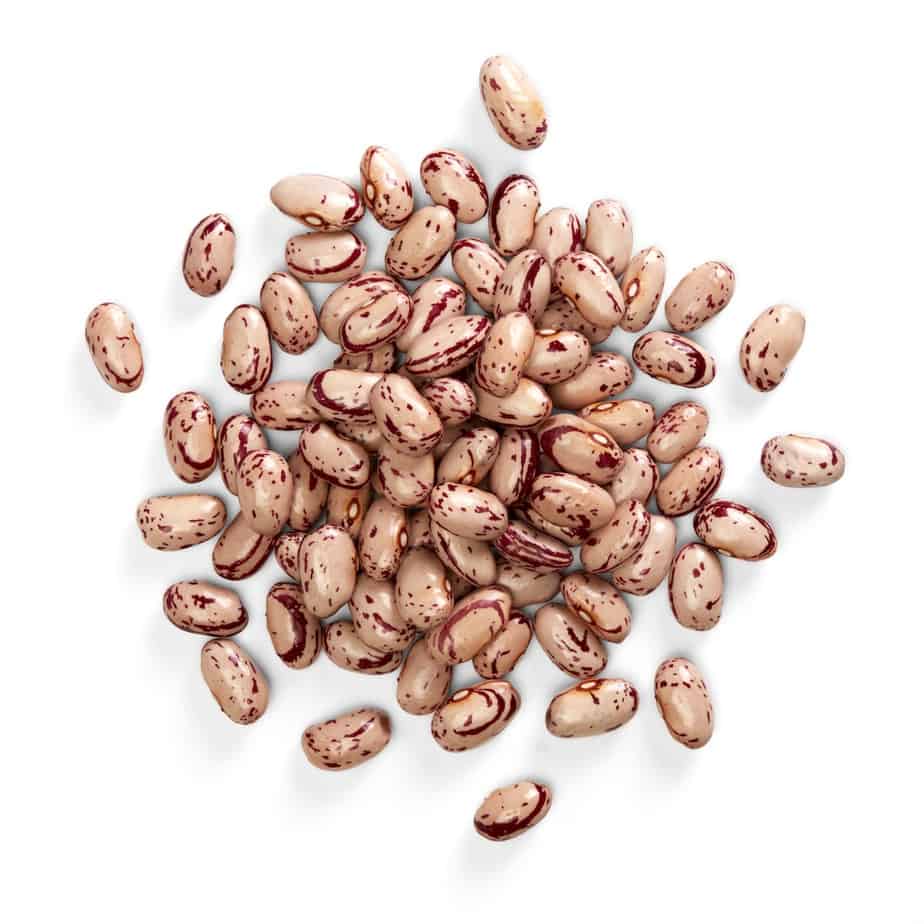
Cranberry Bean

Know Your Pulses
cranberry bean
Preparation and comments
The bean of preference in Northern Italy and Spain. You can find them fresh in their pods in Autumn and are truly delicious. Italy: Pasta e Fagioli (pasta with beans).
Flavour
Creamy texture with a subtle chestnut flavor.
Appearance
Rounded with red specks which disappear when cooked. Freeze well.
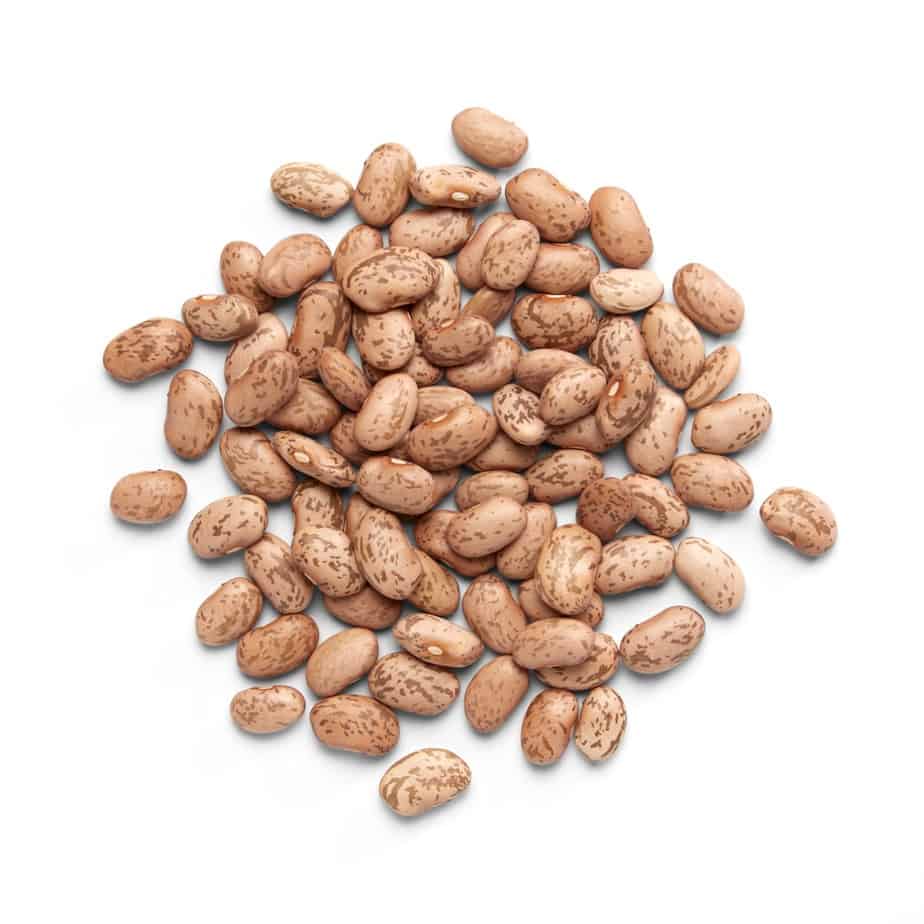
Pinto Bean

Know Your Pulses
pinto bean
Preparation and comments
This is the most widely produced bean in the U.S.A. and is one of the most popular in the Americas. It also has the highest content of fiber. Mexico: Refried Beans (bean purée).
Flavour
Creamy texture and earthy flavor.
Appearance
Medium-sized and oval shape. Pale pink with reddish brown specks

Pink Bean

Know Your Pulses
pink bean
Preparation and comments
This bean has a beautiful pink color and is very popular in the Caribbean.
Flavour
Smooth texture and delicate flavor.
Appearance
Medium-sized (similar to the Great Northern and the Pinto) and pink in color.

Light Red Kidney Bean

Know Your Pulses
lght red kidney bean
Preparation and comments
This bean is popular in the Caribbean as well as in Portugal and Spain due to its similarity to the local cinnamon bean. Portugal: feijoada (bean, meat, and vegetable stew).
Flavour
Firm texture and rich flavor.
Appearance
Large, kidney-shaped, with a pinkish color.
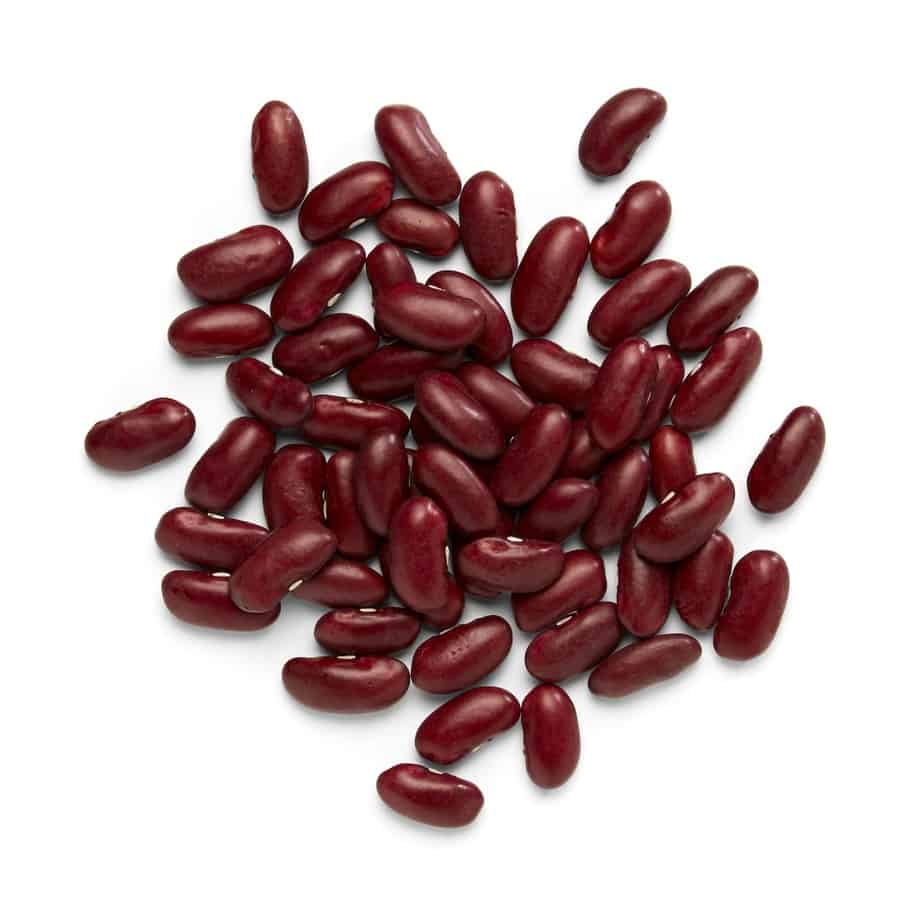
Dark Red Kidney Bean

Know Your Pulses
dark red kidney bean
Preparation and comments
Produced mostly in Northern US region, this bean owes its popularity in the Americas and in Europe to its large size, bright color, and firm texture. USA: Chili and Salads.
Flavour
Firm texture and rich flavor.
Appearance
Large, kidney-shaped, with a bright dark red color.

White Kidney Bean

Know Your Pulses
white kidney bean
Preparation and comments
Also known as cannellini beans due to their popularity in Italian cuisine, U.S. white kidney beans are famous for their excellent canning quality.
Flavour
Fine skin and delicate flavor.
Appearance
Large, kidney-shaped, with a bright white color.
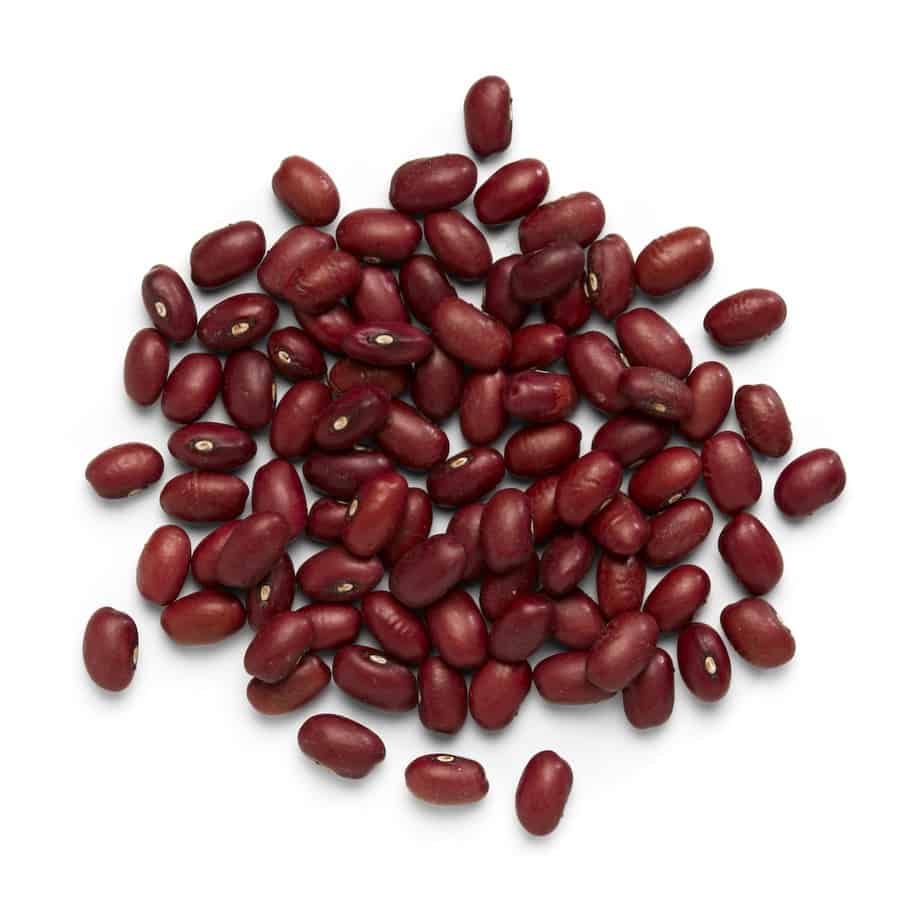
Small Red Bean

Know Your Pulses
small red bean
Preparation and comments
This red bean is particularly popular in the Caribbean region, where it is normally eaten with rice.
Flavour
Smooth texture and rich, earthy flavor.
Appearance
Dark red color.

Adzuki Bean

Know Your Pulses
Adzuki bean
Preparation and comments
Coming from Asia (its name means “little bean” in Japanese), this bean is very popular in the East. Red in color – red being the most important color in Eastern celebrations – means that it is widely used in festive or special meals. Japan: Seki-han ( a special dish of adzuki beans and rice), An (a sweet bean paste used in traditional desserts).
Flavour
Nutty, sweet flavor and creamy texture.
Appearance
Small, with a vivid red color.

Black Bean

Know Your Pulses
black bean
Preparation and comments
The most popular bean in the Americas. Brazil: Feijoada (meat and black bean stew, served with rice, vegetables, fruit and peppers); Mexico: Refried Beans, served with rice and either maize or Cuban flour tortilla; Black Bean Soup, Moors and Christians (black beans and rice); Costa Rica and Nicaragua: Gallo Pinto (fried rice and black beans, served for breakfast).
Flavour
Sweet tasting with a slight mushroom flavor, soft floury texture.
Appearance
Medium-sized, oval, and dark black in color.
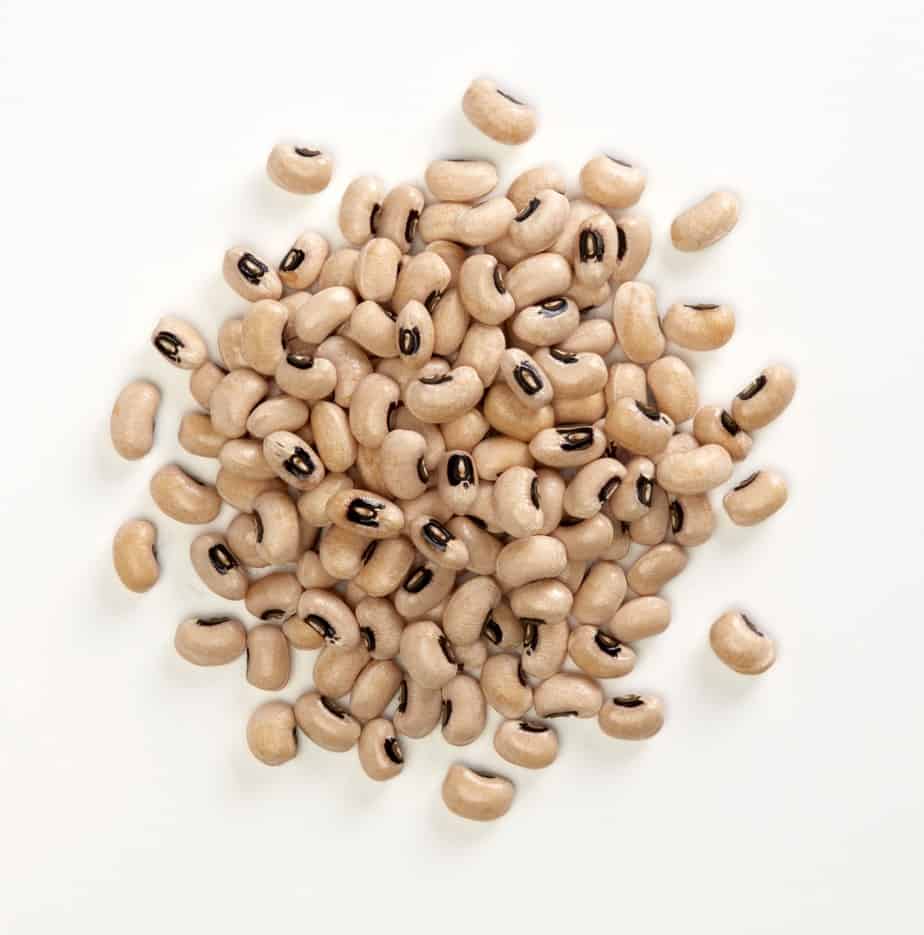
Blackeye Bean

Know Your Pulses
blackeye bean
Preparation and comments
Of African origin, the blackeye bean is today one of the most widely used beans in the world. In fact, it is a type of pea, which gives it its distinctive flavor and faster cooking time with no pre-soaking needed. Mali: Akara (croquettes of mashed and fried blackeye beans); Caribbean: Koos (Similar to Akara); Namibia: Oshingali (decorticated blackeye bean porridge).
Flavour
Intensely scented aroma, creamy texture and distinctive flavor.
Appearance
White skinned with a small black eye and very fine wrinkles.
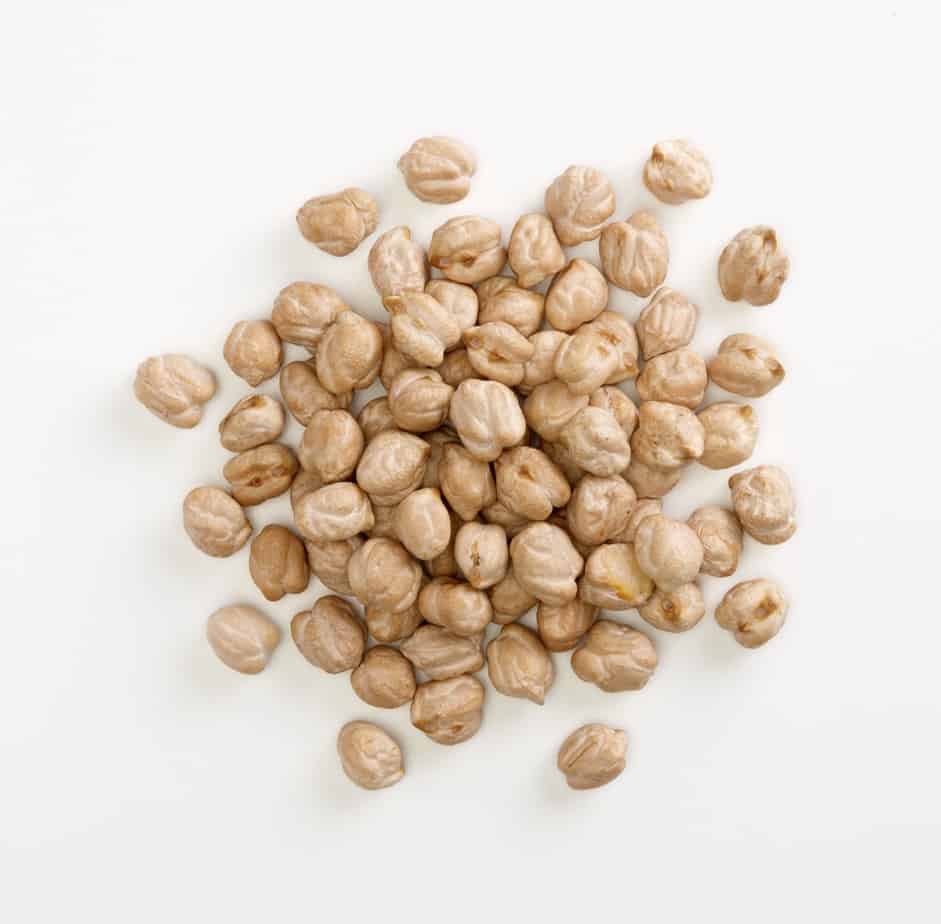
Milkey White Chickpea

Know Your Pulses
Milky White Chickpea
Preparation and comments
Widely grown in Mexico and Northeastern USA, they are very popular in the Middle East, Spain and Portugal. Spain: Cocido de garbanzos (chickpea stew); Middle East: Hummus (chickpea purée with sesame), Lebanon: Falafel (fried chickpea croquettes).
Flavour
Soft skin, creamy texture, its skin doesn’t brake when cooking.
Appearance
This chickpea is valued for its large size and white, deeply wrinkled skin.

Café-Type Kabuli Chickpea

Know Your Pulses
Café-Type Kabuli Chickpea
Preparation and comments
Originating in the Middle East, kabuli chickpeas are now widely consumed across the world. Middle East: Hummus (chickpea purée with sesame) and Falafel (fried chickpeas croquettes) Spain (cocido – stew).
Flavour
Firm texture, tastes like chestnuts and nuts.
Appearance
Tan color with finely wrinkled skin.
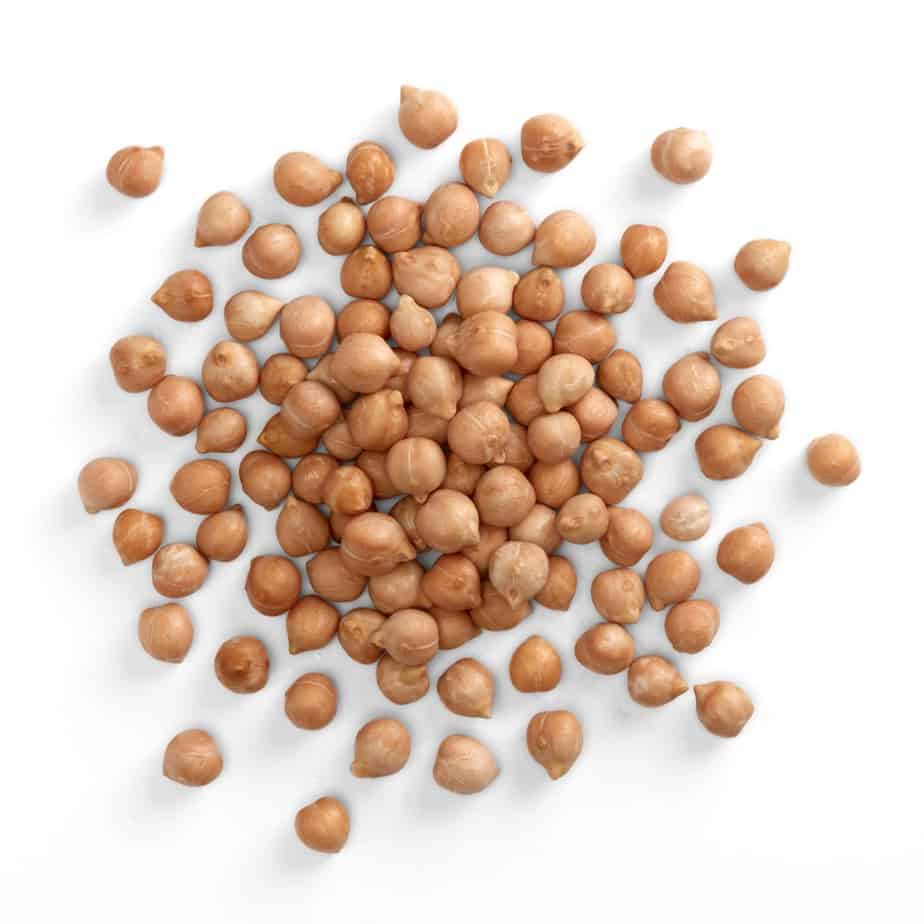
Pedrosillano-Type Chickpea

Know Your Pulses
Pedrosillano-Type Chickpea
Preparation and comments
These small-caliber kabuli chickpeas are widely popular for their thin skin and creamy texture.
Flavour
Fine skin and creamy texture.
Appearance
Small size (6-7 mm) with soft, dark tan skin.
Preparation and comments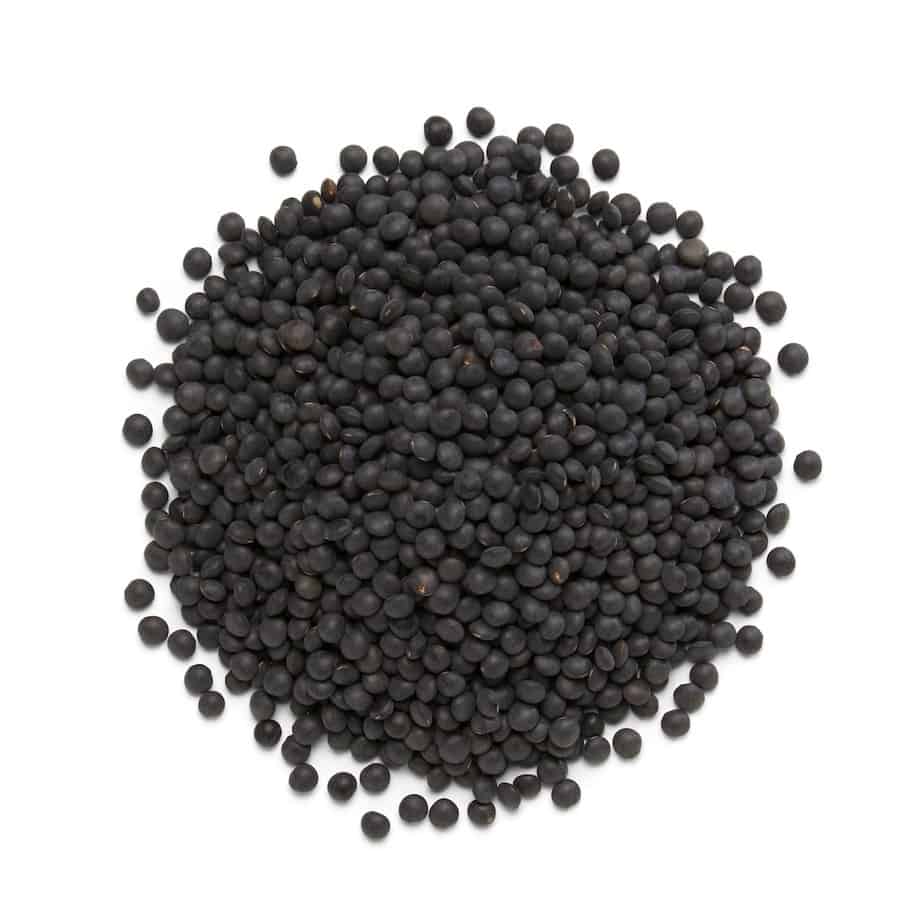
Beluga Lentil

Know Your Pulses
beluga lentil
Preparation and comments
Chefs consider that this small black lentil is visually attractive and is mainly used in salads and side dishes.
Flavour
It keeps its black color after boiling. Thin skin that doesn’t break during cooking.
Appearance
Small (4 mm) and round, black and bright color outside and a yellow cotyledon.
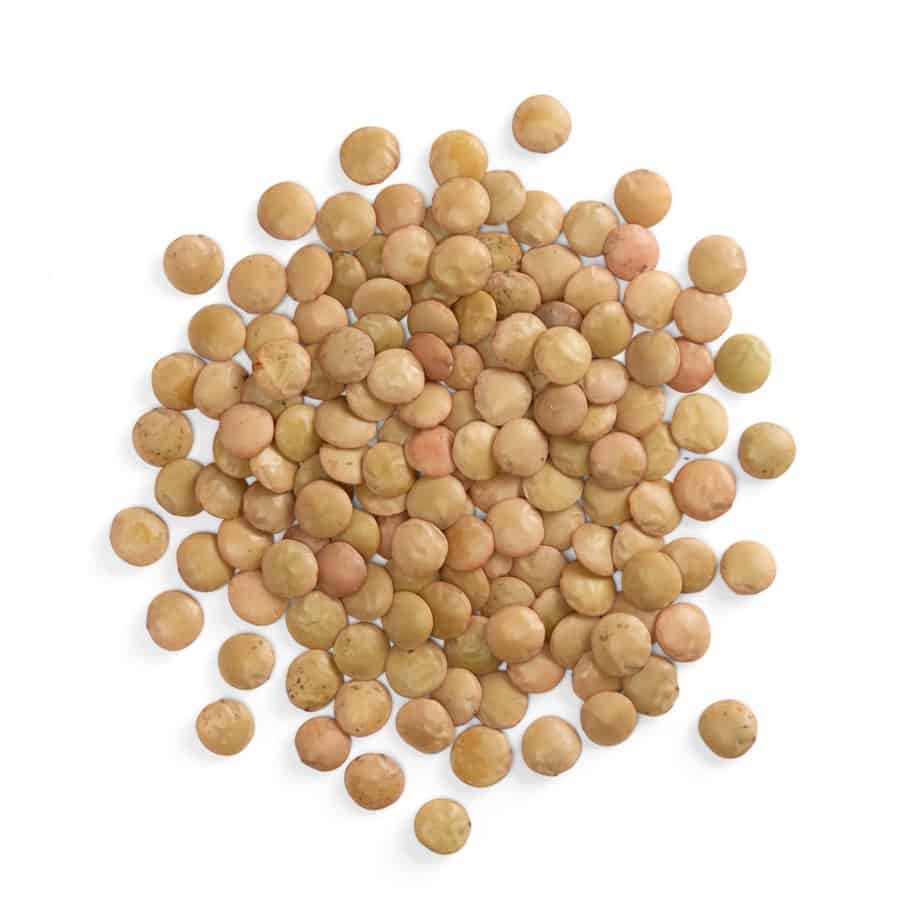
Large Green Lentil
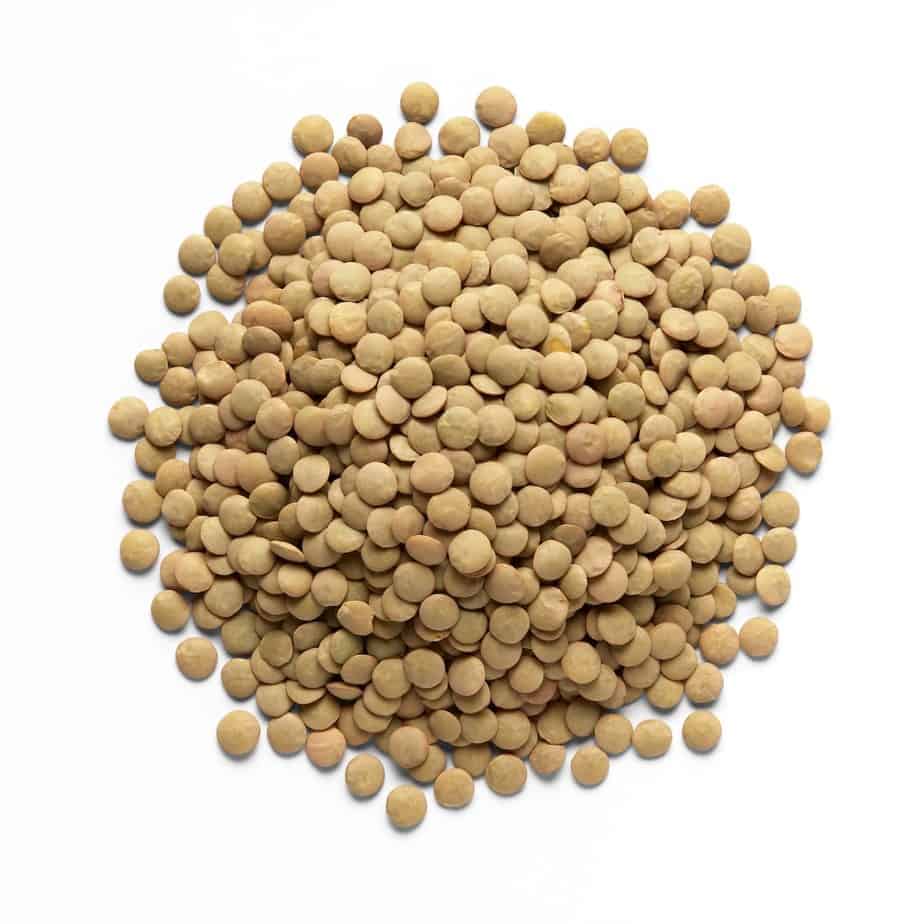
Know Your Pulses
large green lentil
Preparation and comments
Large green lentils are widely popular for their attractive size and color.
Flavour
Flavor and texture varies depending on the country and area of origin.
Appearance
Large lentil (6,0-7,0 mm), green skin and yellow cotyledons.

Richlea Lentil

Know Your Pulses
richlea lentil
Preparation and comments
This medium-size green lentil is produced predominantly in the Northern plains of the USA where the climate is perfect for growing this variety of pulse.
Flavour
Relatively neutral flavour.
Appearance
Medium size lentil (5,5-6,0 mm), green skin and yellow cotyledon.

US Regular Lentil

Know Your Pulses
US Regular Lentil
Preparation and comments
This lentil does not require soaking and has a reduced cooking time, making it popular in the many hard water areas of Spain, Italy and Greece.
Flavour
Tender, thin skin and delicate flavor.
Appearance
Medium size (5,5-6,0 mm), dark green mottled skin, similar to that of its Castillian and Chilenean “ancestors”.
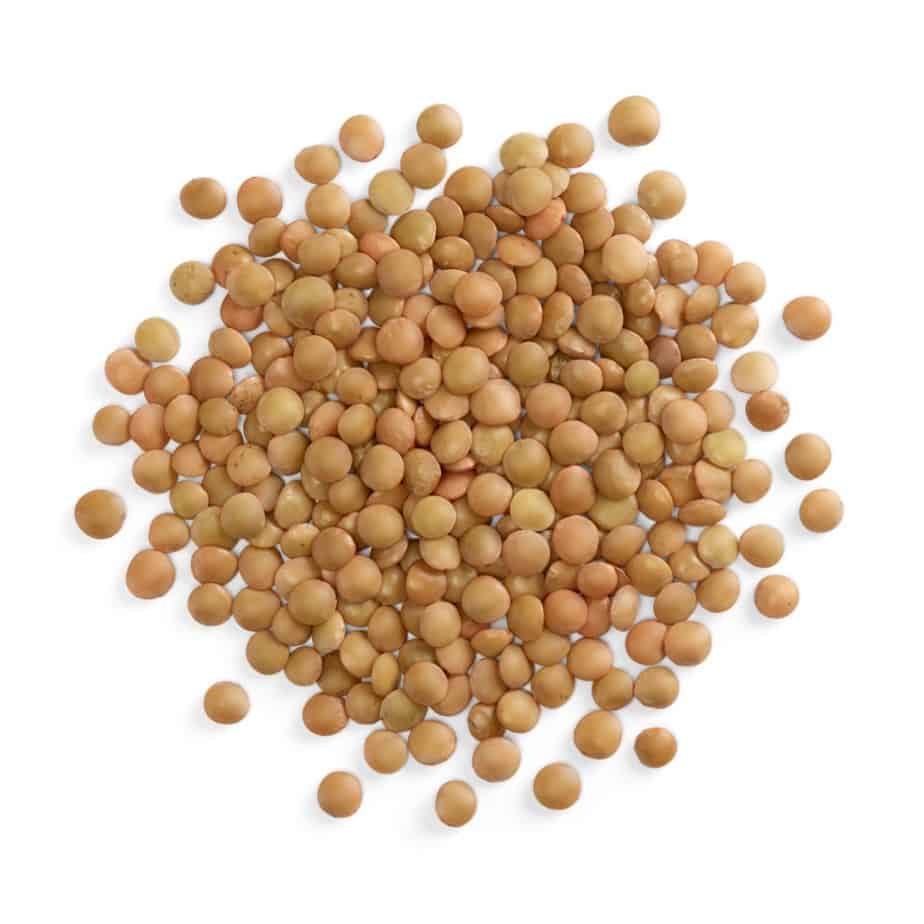
Eston Lentil

Know Your Pulses
eston lentil
Preparation and comments
The Eston lentil is similar to traditional varieties grown in the Castelluccio region, in Italy and in Southern Greece. Its low content of starch and tannins is perfect for light soups and gives a bright green color to salads.
Flavour
It doesn't break down during cooking. Relatively neutral flavor.
Appearance
Small green lentil (4,5-5,0 mm) yellow cotyledon.

French Green Lentil

Know Your Pulses
french green lentil
Preparation and comments
Of French origin (where the green lentil of the Puy region has an appellation of origin) the French green lentil is also grown in the USA, Canada and Spain.
Flavour
Soft skin, tasty and creamy texture, and remains whole after cooking.
Appearance
Small (4,5-5,0 mm), dark green mottled skin, and yellow cotyledon.
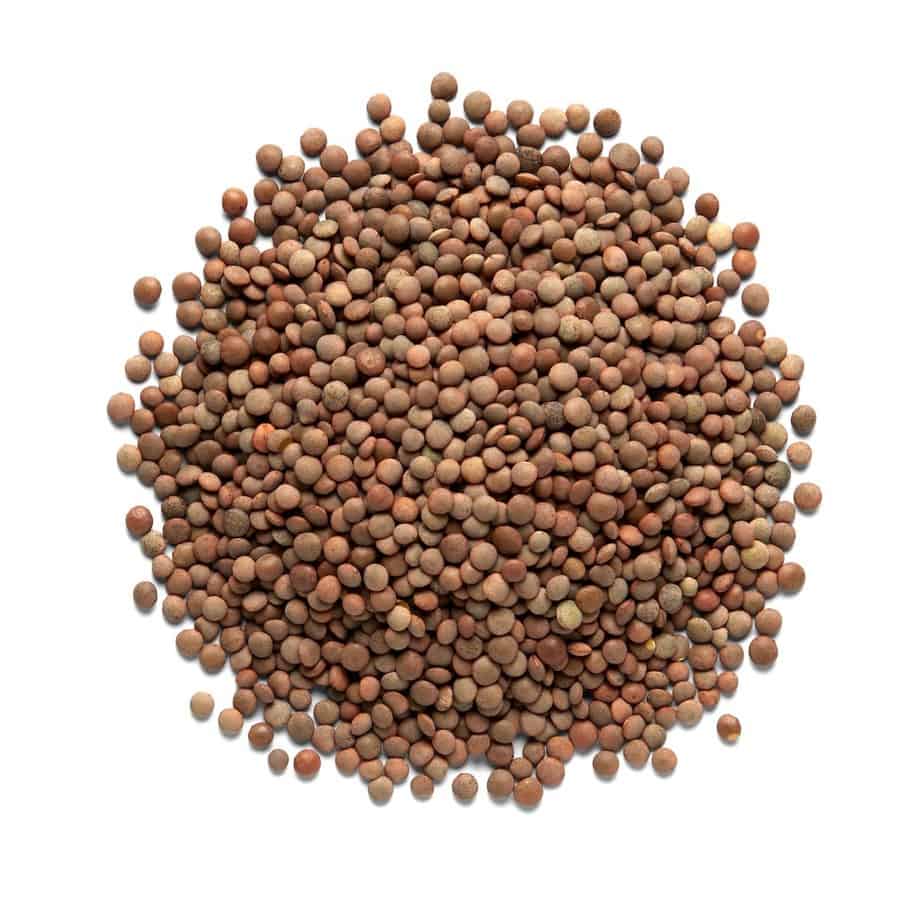
Pardina Lentil

Know Your Pulses
pardina lentil
Preparation and comments
The pardina lentil is the most popular lentil in Spain. It is now widely grown in the USA, where it is becoming more and more popular due to its easy cooking, delicious flavor, and good texture.
Flavour
Well-known for its thin skin that doesn’t break during cooking. Its high starch content allows the preparation of tasty dishes with a rich and creamy texture.
Appearance
Small (4,5-5,0 mm), dark skin brown greenish colour, slightly mottled. Yellow cotyledons.

Red Lentil

Know Your Pulses
red lentil
Preparation and comments
Red lentils (lentils with red cotyledons) are the most widely-produced type of lentil in the world. Red lentils are sold predominantly decorticated and split.
Flavour
Whole red lentils do not break open during cooking and are used in soups, stews, salads and side dishes.
Appearance
Small (4,5-5,0 mm) red brownish skin and reddish cotyledon.
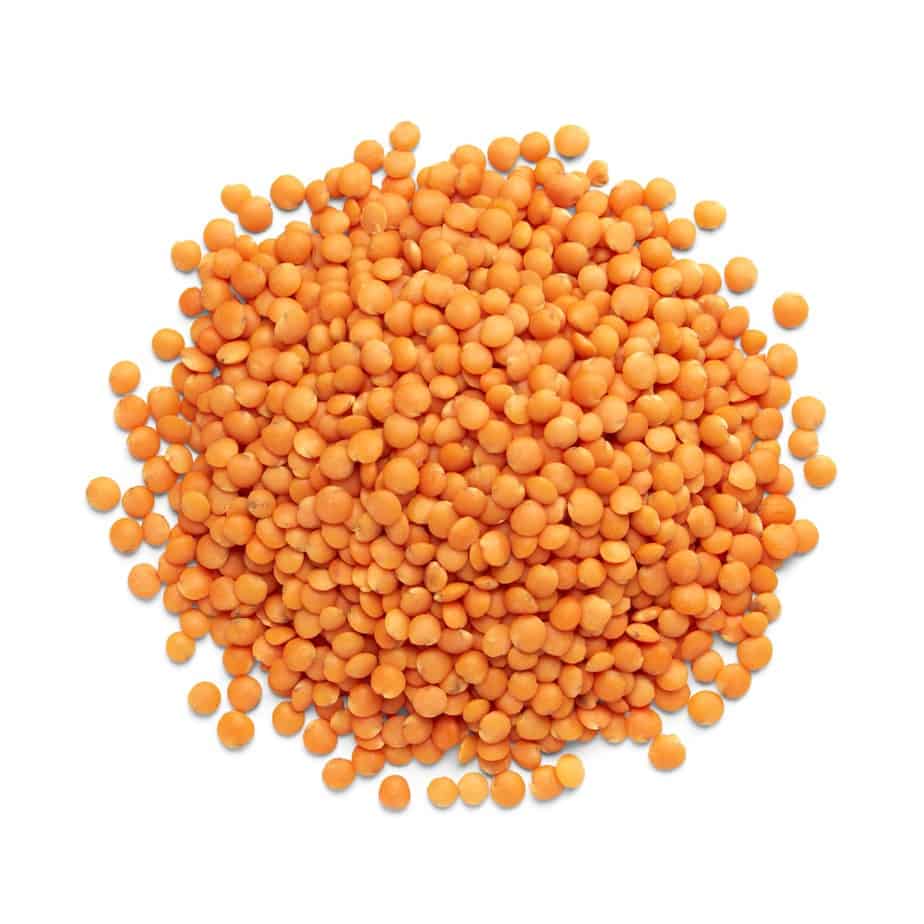
Decorticated Red Lentil

Know Your Pulses
decorticated red lentil
Preparation and comments
Decorticated lentils cook quickly and are perfect for soups, stews and dals. They have less fiber and tannin than whole lentils which makes them easier to digest. Especially indicated for young children and older adults.
Flavour
This lentil partially losses its vegetable flavor (mainly tannin) when decorticated. Final result is a sweeter, more neutral flavor.
Appearance
The bright orange color can be enhanced when polished with water or oil. During the cooking process they become yellow.
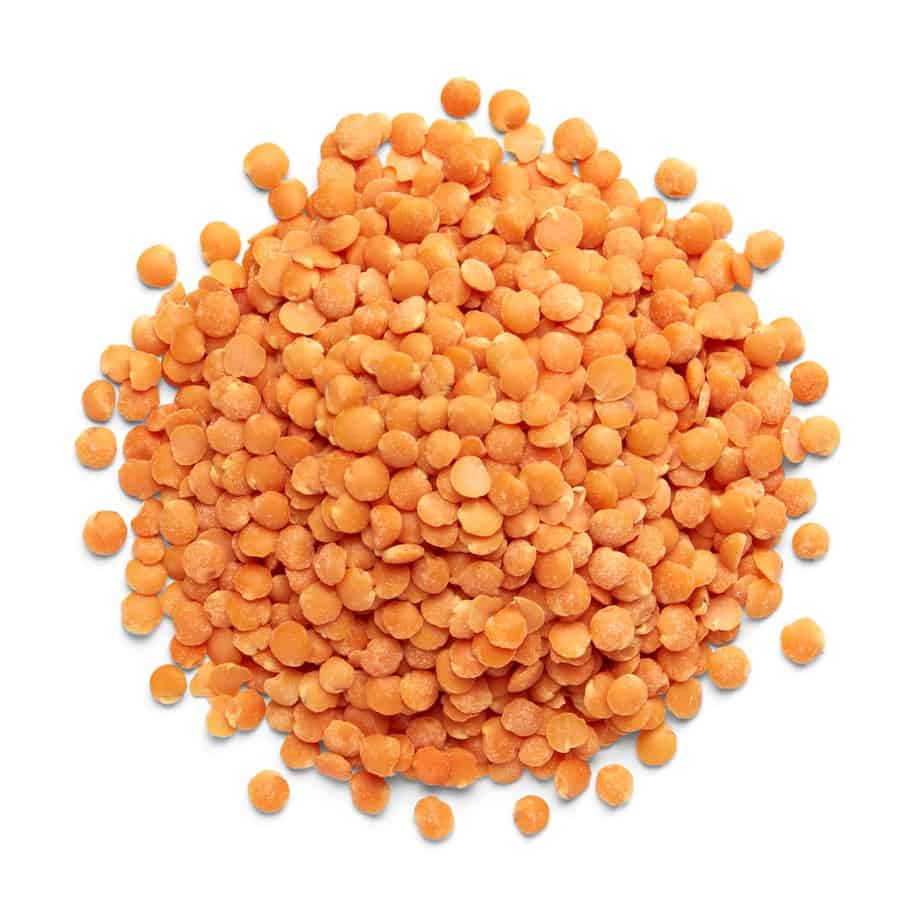
Decorticated Red Chief Lentil

Know Your Pulses
decorticated red chief lentil
Preparation and comments
Decorticated lentils are quick to cook and make a rich base for soups. They have less fiber and tannin than whole lentils and are easier to digest. Especially indicated for young children and older adults.
Flavour
Lentils lose some of their vegetal flavor (especially tannin) when decorticated giving dishes a sweeter and more neutral flavor.
Appearance
The bright orange hue stands out more when polished with water or oil. With cooking, this color changes to yellowish.
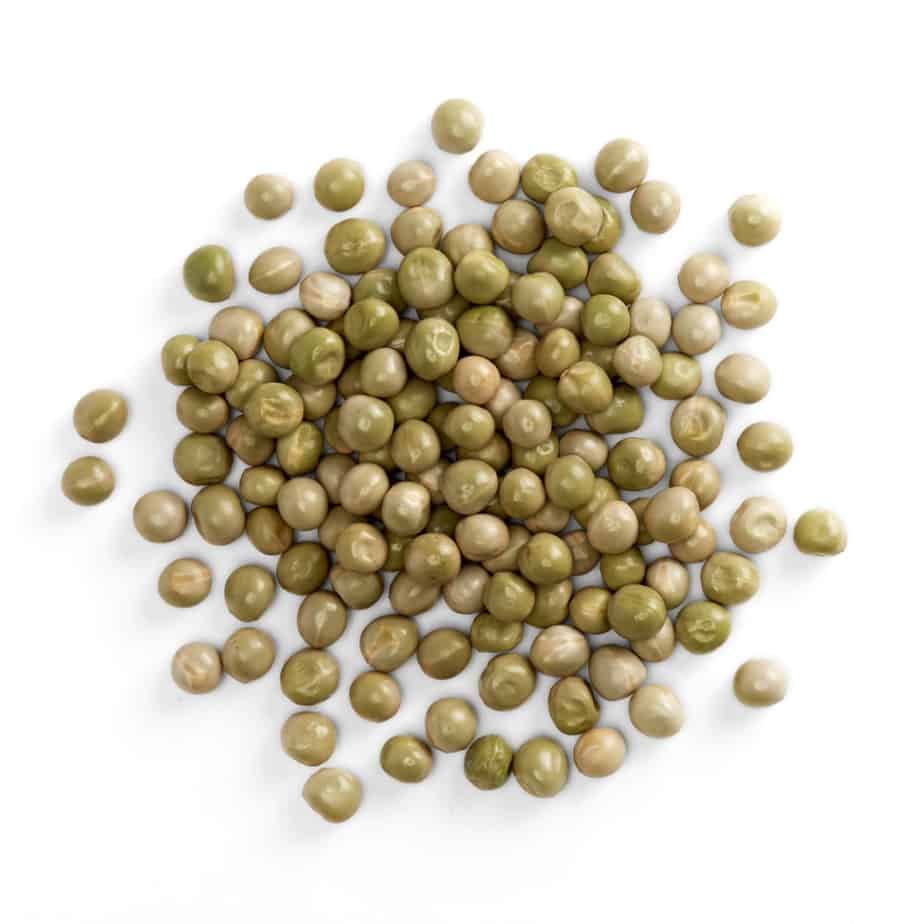
Whole Green Pea

Know Your Pulses
whole green pea
Preparation and comments
Dry peas have more carbohydrates and sugars than any other pulse which gives any dish prepared with peas a sweet flavor and a smooth texture. Dry peas are very digestible.
Flavour
The green pea has more chlorophyll than the yellow one, which gives it a more vegetal flavor.
Appearance
The USA dry green pea has a uniform size (6-7 mm) and green color, which guarantees they cook evenly without breaking open.
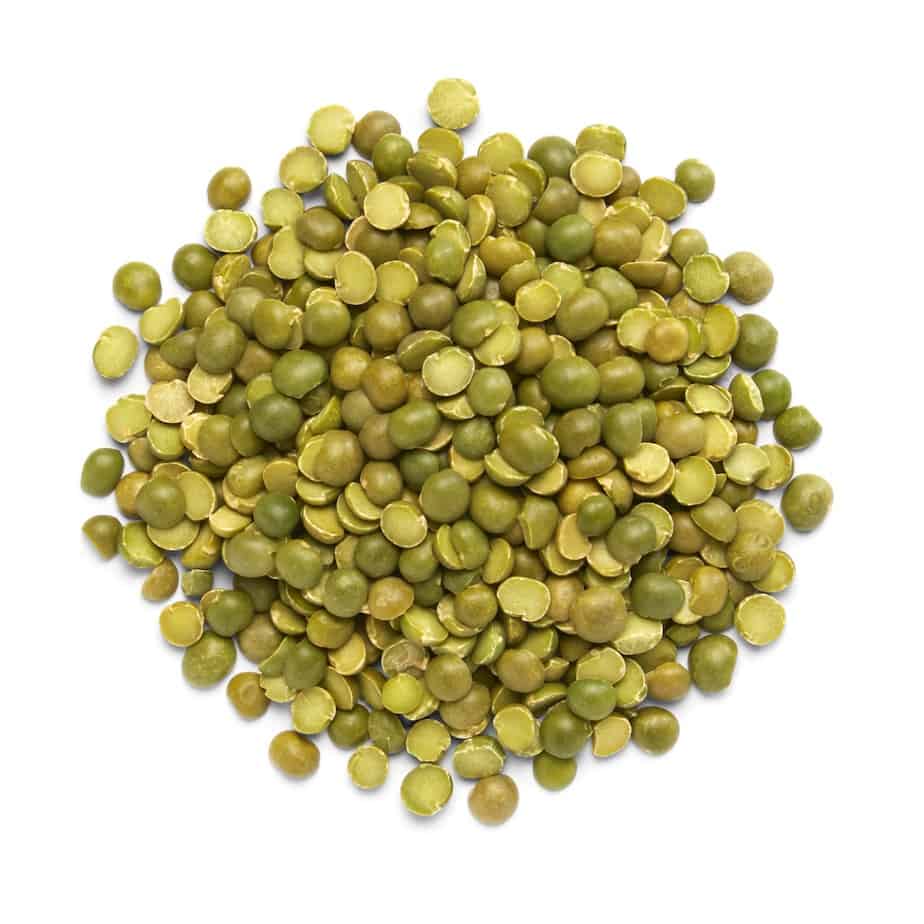
Green Split Pea

Know Your Pulses
green split pea
Preparation and comments
Green split peas are the base of many popular soups and stews, both in Northern Europe, the US and South America. The bright green color of US split peas makes them especially attractive.
Flavour
Sweet and creamy, with a pleasant vegetal touch.
Appearance
Shimmering bright green color, cleanly split edges. Its tone turns slightly yellowish when cooked.
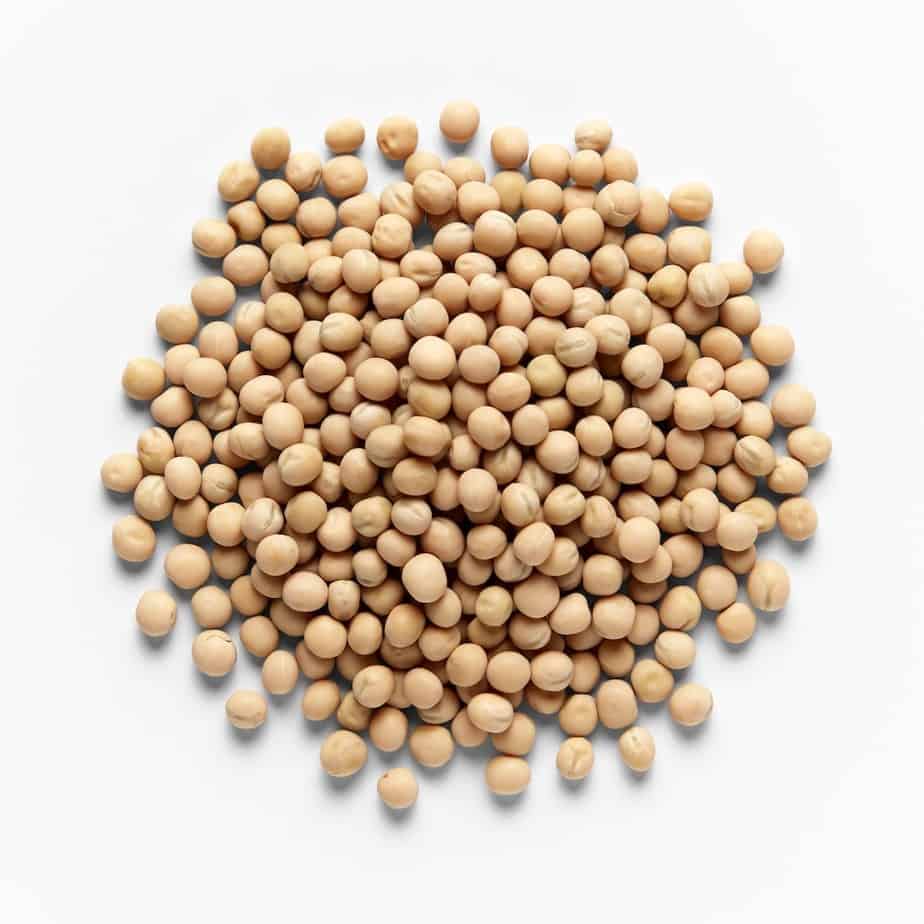
Whole Yellow Pea

Know Your Pulses
whole yellow pea
Preparation and comments
The soup prepared with whole or split yellow peas is a traditional dish in Scandinavia.
Flavour
Sweet flavor and creamy texture, yellow peas have a more neutral flavor than green peas (more similar to a cereal).
Appearance
USA yellow peas have a uniform size (6-7 mm) which guarantees the chefs they cook evenly without breaking open.
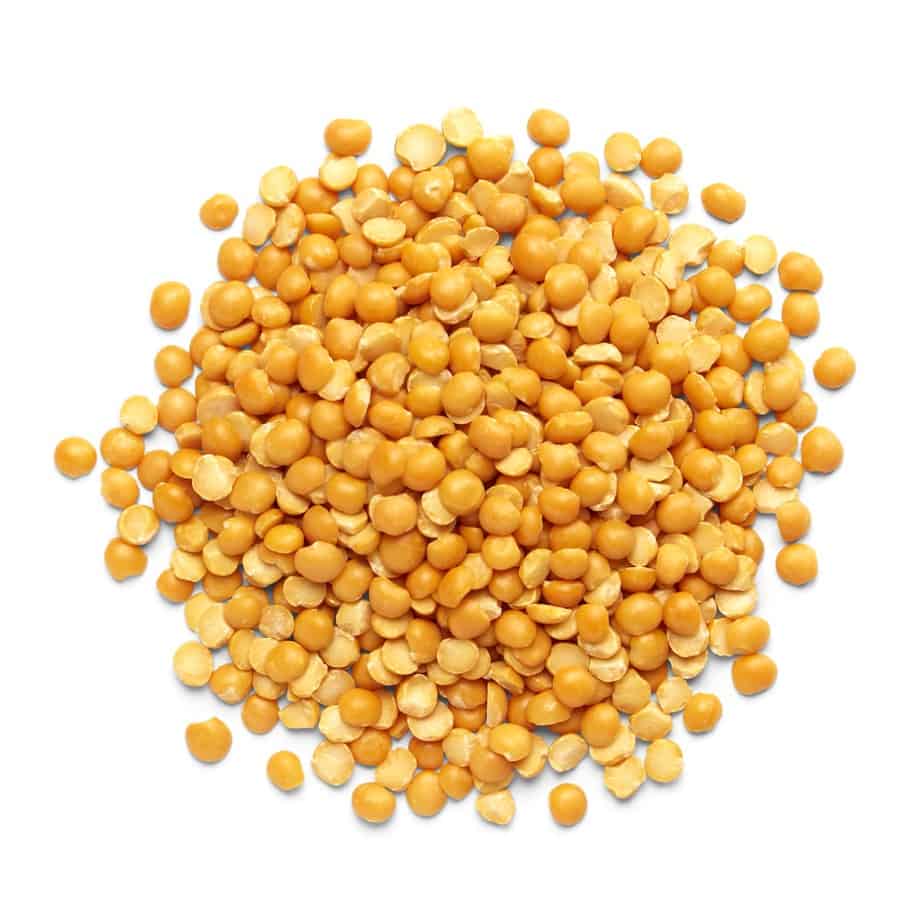
Yellow Split Pea

Know Your Pulses
yellow split pea
Preparation and comments
Yellow pea soup, made from whole or split peas, is a traditional dish in Scandinavia. The bright yellow color of split peas from the US makes them especially attractive.
Flavour
Sweet taste and creamy texture, with a more neutral, cereal-like flavor than that of green peas.
Appearance
Shimmering bright yellow color, cleanly split edges. Its yellow tone becomes somewhat opaque when cooked.
OUR RECIPE SUGGESTIONS
Looking to try something new in the kitchen? We have a variety of delicious and healthy recipes ready to inspire your next meal.

LENTIL BOLOGNESE
LENTIL BOLOGNESE 400 gr cooked lentils1 can of unsalted crushed tomato2 carrots1 onionolive oilfresh basilground pepper Start by frying the finely chopped onion, when it is golden brown add the diced or sliced carrots and cook until tender.Then add the crushed tomato...
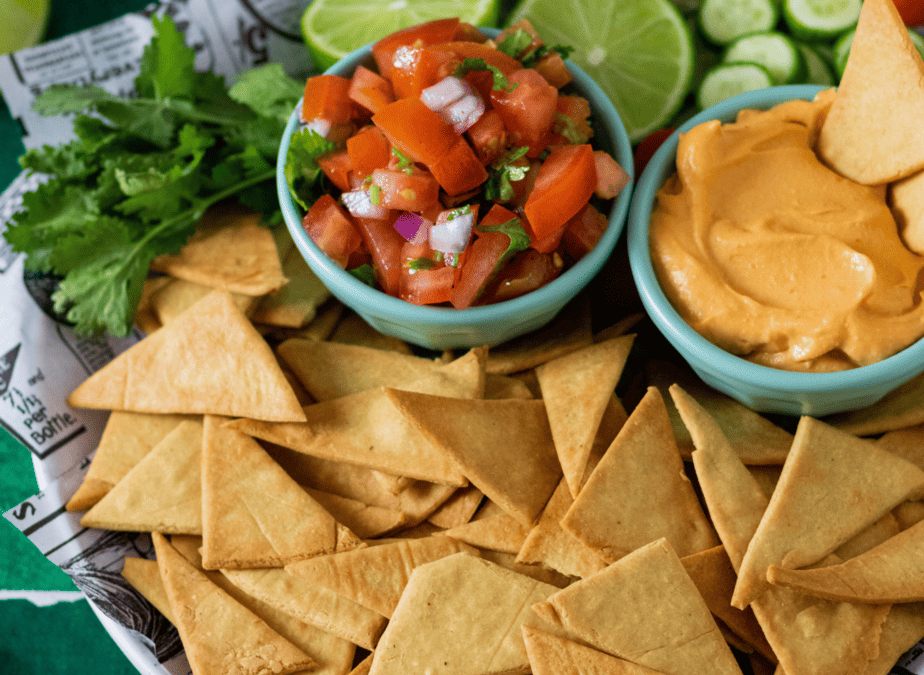
Chickpea Nachos
Chickpea Nachos 250 g chickpea flour (you can grind the dried chickpeas in the food processor)1 teaspoon salt1 teaspoon black pepper1 teaspoon baking powder60 g coconut oil or olive oil5 to 6 tablespoons of water In a food processor put all the ingredients and grind...


